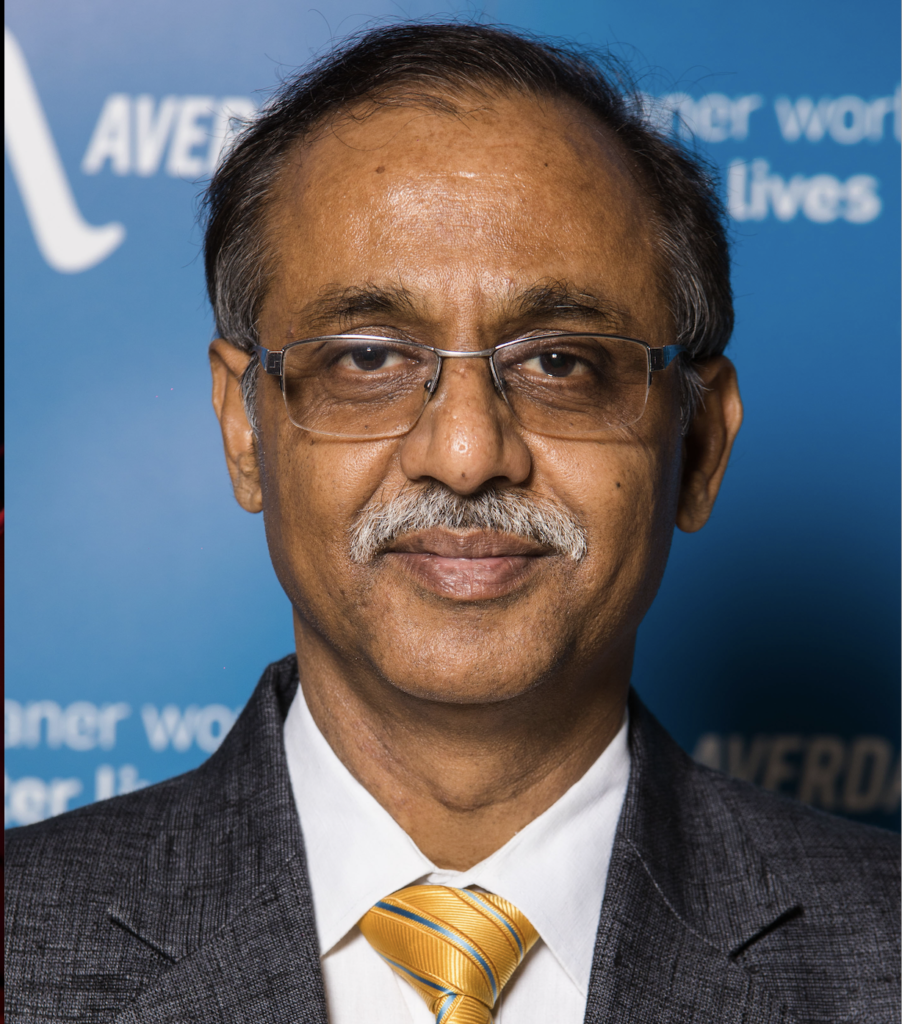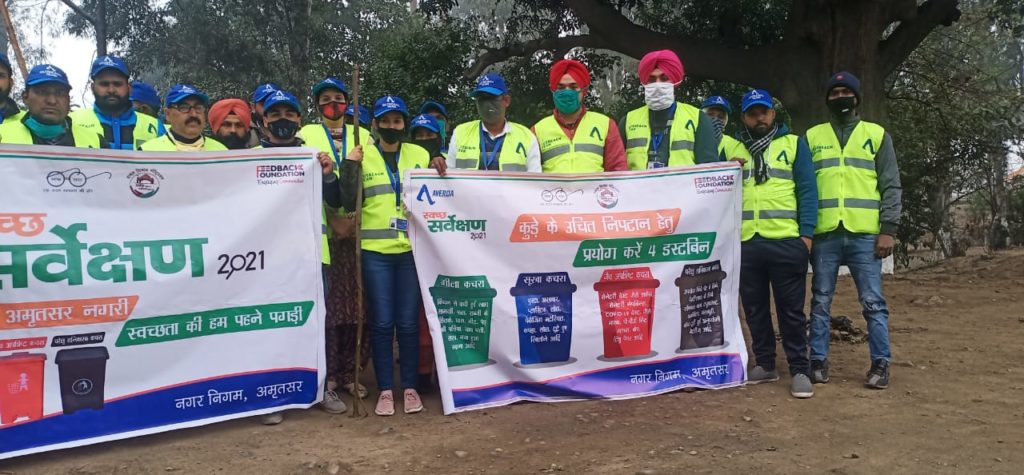In October 2020, UAE-based Averda launched its India operations in Amritsar. The company is involved in waste collection, transportation, treatment, disposal, and a Waste-to-Energy (WtE) plant is also under construction. Averda hopes this will be the first of many large-scale WtE projects in the country. Averda’s India Director Mr Amit Bajpai speaks to SolidWasteIndia’s Editor-in-Chief, Aafrin Kidwai, about his company’s ambitious expansion plans in India.
You can watch the full video interview here.

Q1. It’s been nearly six months since you began your operations in Amritsar. What are some of the challenges you are facing on the ground?
Source segregation. No project can be successful without the involvement of the people. However, keeping multiple bins in the house is not easy or practical for many people. Hence, we are trying to educate the people about the benefits of segregation. Local influential leaders are also involved in our extensive IEC (information, education, communication) campaigns. I believe, every waste management company has to take on this responsibility in the initial years of its operations. There are no other major challenges since the local authorities are very supportive.
Q2. Could you tell us about Averda’s plans for the WtE project in Amritsar?
We are setting up a WtE plant in Amritsar with a capacity to process waste of 600 TPD to generate 15 MW power. It will utilize both, fresh and legacy waste. The technology tie-up has been made with a renowned company. We have been allotted 20 acres of land which is full of legacy waste. Bioremediation is currently underway to reclaim the land. We will clear at least 10-12 acres of land – first, for a pre-processing plant, then a WtE plant, and finally a sanitary landfill. This will take time since the official paperwork is being done. There is no gate fee involved.
Q3. Large scale WtE plants are fairly controversial in India. How are you planning to deal with the opposition that typically accompanies such projects?
It is all about educating the general public and making them aware of things like flue gas cleaning systems. There are plenty of ways to do this including educational videos and other IEC material. The people will eventually realize that instead of a dumpsite, if a noiseless, fully enclosed WtE plant is created in the same space, it will be good for the city, the environment and will help reduce pollution. It takes time but I feel people are becoming more receptive to the idea. The political leadership and bureaucrats are also aware of the facts and they are convinced about the benefits of WtE plants.
Q4. What are Averda’s expansion plans in India?
Our main focus in entering the Indian waste market is purely the development of a number of WtE plants. We see a lot of potential wherever there is a dumpsite. We don’t do not want to go and acquire clean and levelled land. We would rather be reclaiming dumpsite land and set up beautiful WtE plants here.

Q5. This is Averda’s first major WtE project in the world. How confident are you that you will be able to deliver on your promise of building state-of-the-art WtE plants?
Averda is a very strong process-driven engineering company. It is not merely a waste or facility management company. During the peak of the COVD pandemic, we airlifted incinerators from Heathrow airport to UAE to address the waste challenges. We have also been doing large industrial waste contracts with Saudi’s Aramco. We also have a lot of biomedical waste plants in South Africa. In addition, we have in-house competencies and tie-ups with various technology partners.
We are very confident after seeing the reception from the Government of India and state governments – especially in places like Delhi, Mumbai, Amritsar, and Jabalpur. I think the executive and political setup are very keen and look forward to having new developers make investments and setup these WtE plants in India, which eventually will become a crown for the state.
Check out the complete interview with Mr Bajpai on SolidWasteIndia’s YouTube channel.



